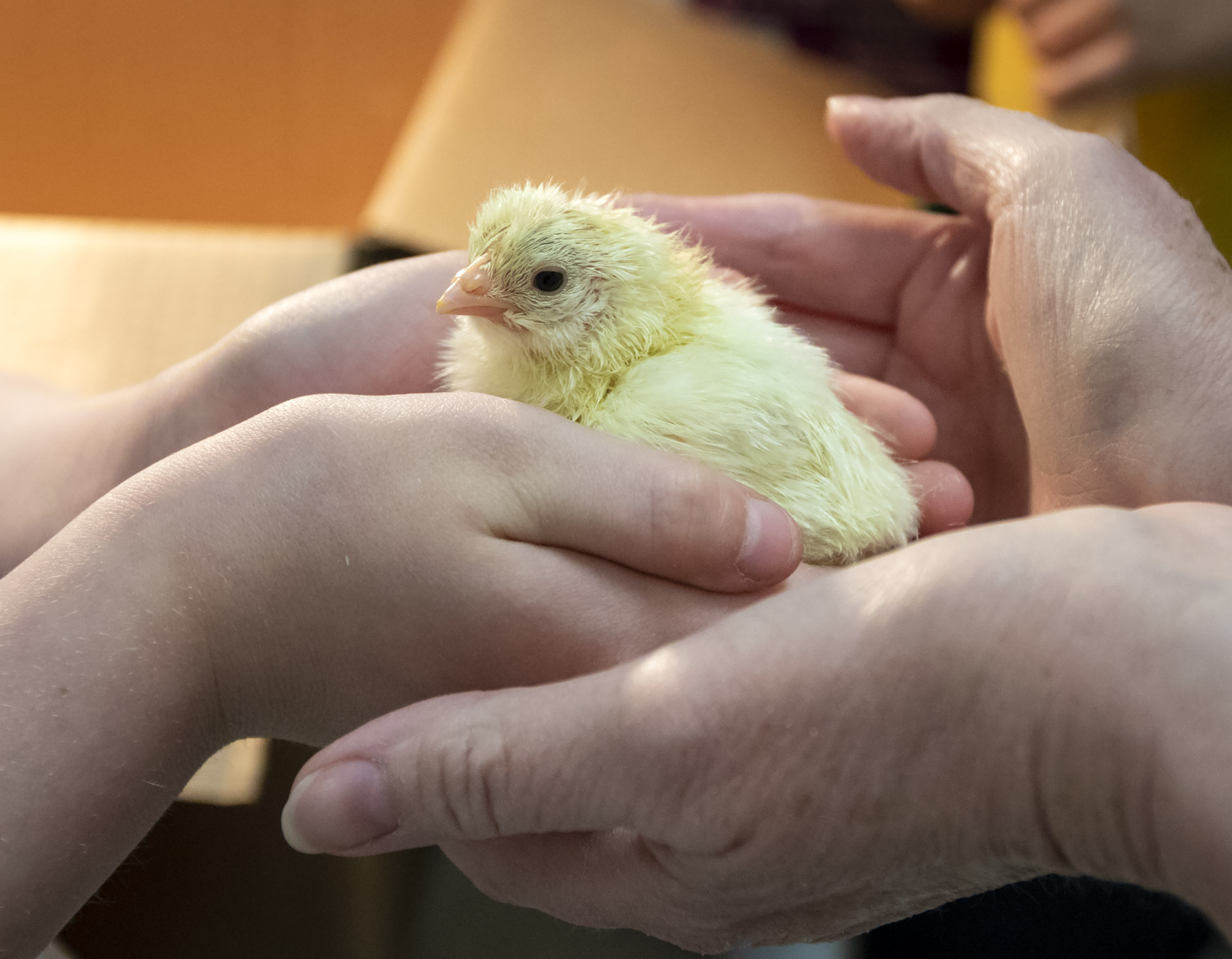4-H Embryology – Teacher Information
go.ncsu.edu/readext?929666
en Español / em Português
El inglés es el idioma de control de esta página. En la medida en que haya algún conflicto entre la traducción al inglés y la traducción, el inglés prevalece.
Al hacer clic en el enlace de traducción se activa un servicio de traducción gratuito para convertir la página al español. Al igual que con cualquier traducción por Internet, la conversión no es sensible al contexto y puede que no traduzca el texto en su significado original. NC State Extension no garantiza la exactitud del texto traducido. Por favor, tenga en cuenta que algunas aplicaciones y/o servicios pueden no funcionar como se espera cuando se traducen.
Português
Inglês é o idioma de controle desta página. Na medida que haja algum conflito entre o texto original em Inglês e a tradução, o Inglês prevalece.
Ao clicar no link de tradução, um serviço gratuito de tradução será ativado para converter a página para o Português. Como em qualquer tradução pela internet, a conversão não é sensivel ao contexto e pode não ocorrer a tradução para o significado orginal. O serviço de Extensão da Carolina do Norte (NC State Extension) não garante a exatidão do texto traduzido. Por favor, observe que algumas funções ou serviços podem não funcionar como esperado após a tradução.
English
English is the controlling language of this page. To the extent there is any conflict between the English text and the translation, English controls.
Clicking on the translation link activates a free translation service to convert the page to Spanish. As with any Internet translation, the conversion is not context-sensitive and may not translate the text to its original meaning. NC State Extension does not guarantee the accuracy of the translated text. Please note that some applications and/or services may not function as expected when translated.
Collapse ▲
Springtime means it’s time to hatch chicks in 2nd-grade classrooms across Haywood County! This page includes resources and information for conducting the 4-H Embryology project in a classroom setting. This is a fantastic project to introduce young people to agriculture and incorporate project-based learning into your classroom… there is a lot of science to discover in the 4-H embryology project!
This project meets the following North Carolina educational standards:
- 2.L.1 Understand animal life cycles
- 2.L.1.1 Summarize the life cycle of animals: Birth, Developing into an adult, Reproducing, Aging and death
- 2.L.1.2 Compare the life cycles of different animals such as, but not limited to, mealworms, ladybugs, crickets, guppies, or frogs
Table of Contents
- Setting Up an Incubator
- What happens in the egg? & Candling Eggs
- Hatching Chicks in the Classroom
- Brooding Chicks in the Classroom
- Cleaning Up After a Successful Hatch
- 4-H Embryology In-Classroom Activities
For questions, please contact: Sally Dixon, Haywood County Extension Director at srdixon@ncsu.edu or 828-456-3575




